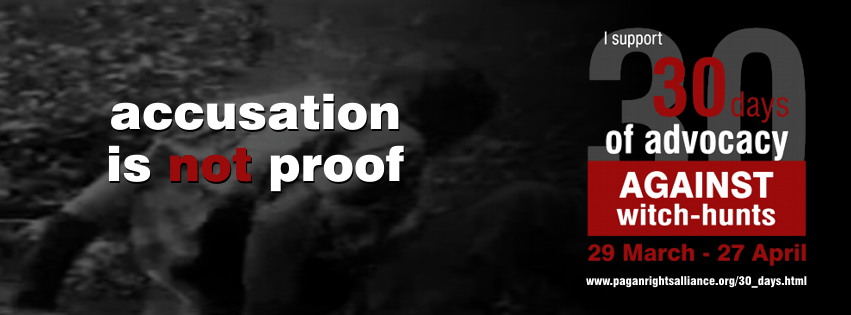Witch-hunts: scapegoating, unfair discrimination and criminal acts
’30 days of advocacy against witchcraft accusations and witch-hunts’ 29 March to 27 April 2020
On Sunday morning, 15 March, an unnamed 83 year old woman and her 23 year old granddaughter became the first reported victims of witchcraft accusation in 2020. The grandmother was drowned by her assailants in a drum of water. Her granddaughter narrowly escaped being burned alive. The perpetrators alleged that the grandmother was guilty of bewitching a young man who was buried the day before in Majuba Village, Sterkspruit, in the Eastern Cape.
These victims are the latest in a very long and growing list of individuals and families who have become scapegoats for unmerited blame in South Africa.
Growing anxiety and fear by many South Africans, as a consequence of the 15 March Declaration of a State of National Disaster in terms of the Disaster Management Act by President Cyril Ramaphosa, played no role in the murder and attempted murder of the as yet unnamed victims of witchcraft accusation on that day in the Eastern Cape. It would be short-sighted however to assume that scapegoating and hate crimes, motivated by suspicion of ‘witchcraft’, will not occur as the corona virus infiltrates South Africa’s rural and urban communities.
The projection of displaced aggression as a result of real or perceived relative deprivation will regrettably result in hate crimes against those least capable of defending themselves, and innocent women and their families will be devalued and dehumanised by their accusers.
During the ’30 days of advocacy against witchcraft accusations and witch-hunts’ from 29 March to 27 April, this Alliance appeals to all South Africans to be mindful of the very real personal and communal struggles of our neighbours, whether friend or stranger. Act with compassion. Respect the dignity of others.
Read the complete text here.
.
